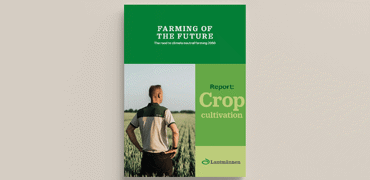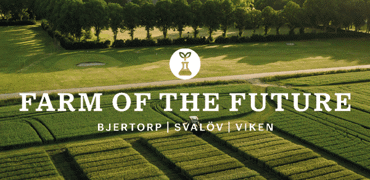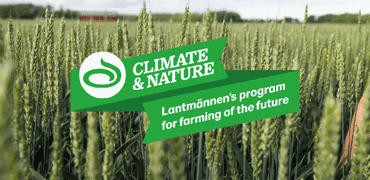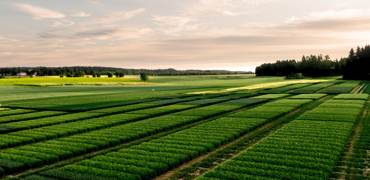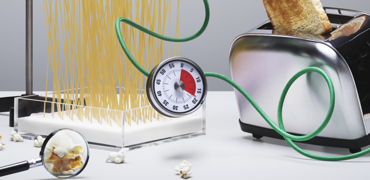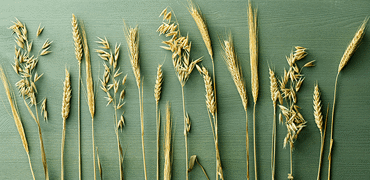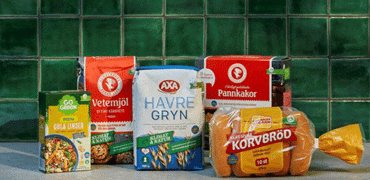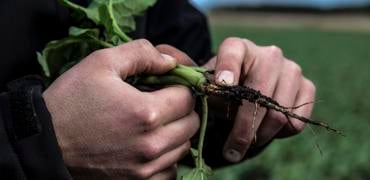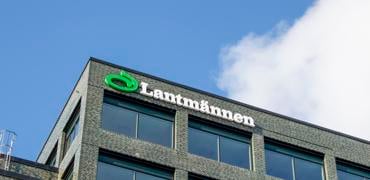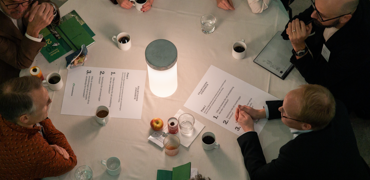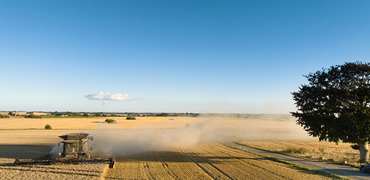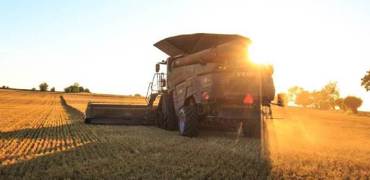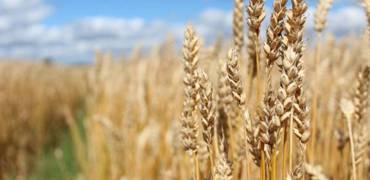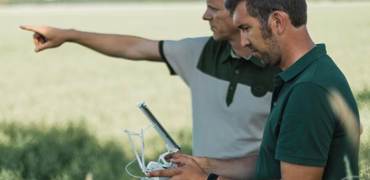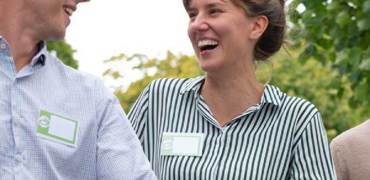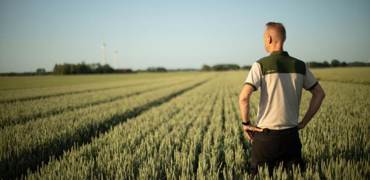The Farming of the Future in practice
Johan Nilsson, a pig farmer in Skåne and member of the reference group for the Farming of the Future in 2019 when our Farming of the Future Report was produced, offers his view on sustainability.
To my mind, Farming of the Future is about our responsibility for the environment, what we produce and that we achieve financial sustainability and are paid properly for what we are doing within farming. There are numerous areas to work in, where more research is playing an important role. This can be to reduce the use of chemicals in farming, find new ways to control weeds, develop the most efficient fertiliser and increase yields. At the same time, we need to develop new consumer products that make Swedish production more attractive and competitive. We are talking about the entire chain from farmer to consumer.
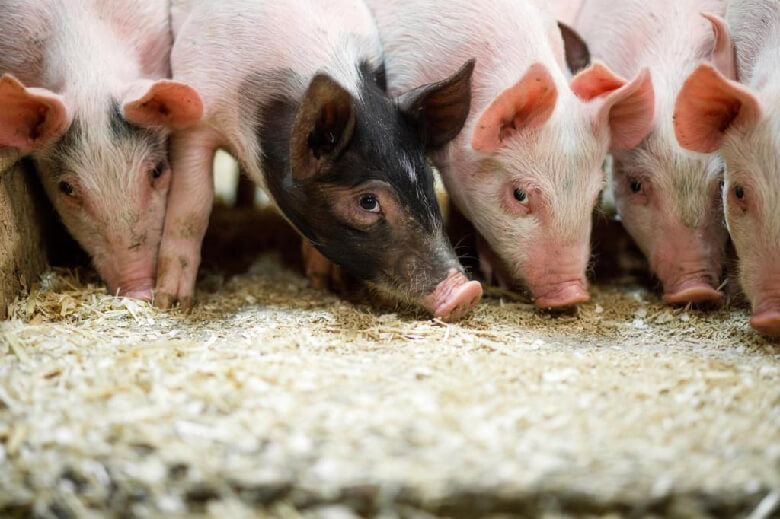
In my own business, we are working with more and more new methods that contribute to boosting sustainability. We use GPS and cameras for weed control and precision sowing - things are developing rapidly. One exciting opportunity is robots, where we are investigating areas where machines can be replaced. Robots and cameras can work continuously without human supervision, for example, to monitor how crops are growing and animal husbandry, and can replace traditionally time-demanding work. This will lead to our being able to cut labour costs, and often also reduce the use of machinery, such as out in the fields.
We farm organically without using any chemicals on our farm, and the use of fertilisers is governed by the organic rules and regulations that bring environmental benefits. I aim to make our entire farming enterprise a circular system, where we can use manure from our pigs as fertiliser in our fields and feed the pigs with grain we grow.
Lantmännen is playing an incredibly important role in enabling Farming of the Future. They can drive the development towards acquiring more knowledge and providing advice on new methods. I think there should be less focus on selling large volumes of input goods and an increasing move to selling know-how, services and advice to optimise output on farms. Input goods will naturally still be important in the future, but you need more than this to succeed in farming. I also know that Lantmännen is looking to build partnerships with new sustainable suppliers for fertilisers and other input goods, and to develop smart logistics solutions. There is also still a great deal of work to be done to disseminate information about Farming of the Future. We have room for improvement here. We farmers can be a pretty conservative bunch, and bearing in mind the long-term nature of our work, we are not always quick to try new things or jump on the latest bandwagon. Here, Lantmännen needs to stick its chin out, explain more and offer business opportunities, and show what direction we need to head towards in the future.
Here, Lantmännen needs to stick its chin out, explain more and offer business opportunities, and show what direction we need to head towards in the future.
Producers and other parts of the food chain must cooperate, this can be about wholesalers and retailers needing to play a role to enable long-term thinking. There is a need within agriculture to think and plan several annual cycles ahead, which means long contracts are needed where we must help each other and find good ways to manage trends. Here, I think Lantmännen has an advantage as it is owned by farmers, in whom we know consumers have tremendous trust. A cooperative ownership that includes many members with different business orientations, must have a common goal to work towards. Working with the Farming of the Future can create such a common goal, many of us are onboard and use its parameters on a daily basis in our work. We are moving in a good direction, I can sense tremendous interest among many of my colleagues. This can concern solar panels and sustainable energy, renewable fuels, new fertiliser products, reducing the use of chemicals and many other things.
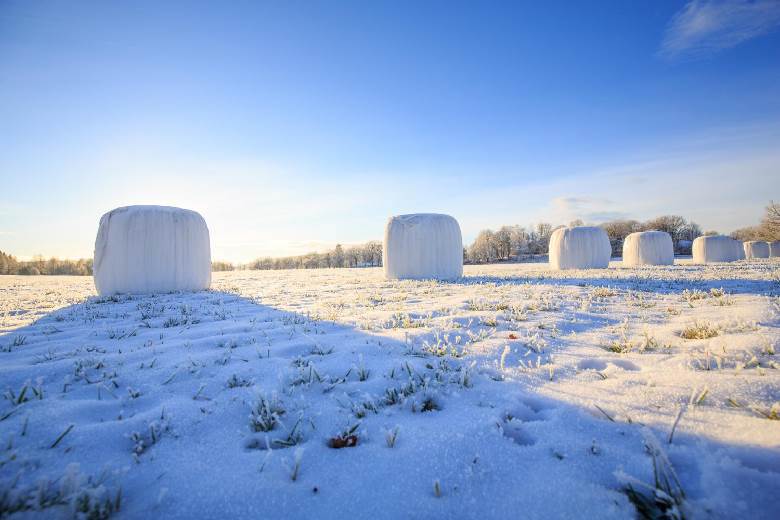
We farmers must individually understand and actively work on sustainability issues, for example, in phasing out fossil fuels, and to think all the time about how we can farm and use the land in a way that is as climate smart as possible. I personally am going to invest even more in developing Farming of the Future in practice moving forwards. We will probably have a robot on my farm in the not too distant future for weed control purposes for example. I am investing in switching to more sustainable kinds of energy, I want to install solar panels and start using HVO renewable fuel in machinery and my grain facility. I am going to be part of the Farming of the Future, and I want to be involved and have a say in how we as an industry should progress and develop.






